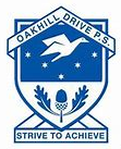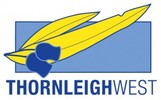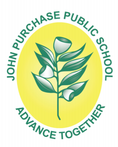|
Such a deep topic with so many aspects to look for in the classroom! It is amazing to see how far we have all come as schools along this journey. The mapped POP from TW PS showed this so well.
This round we will be hoping to see: A balance between student and teacher talk with plenty of opportunities for student to student discussions without fear of judgement. – ‘Regular student engagement in sustained conversations about the concept and ideas they are encountering. Sustained, focused, and reciprocal interaction about the substance of the lesson.’ Higher level questions that require students to apply higher-order thinking skills (e.g. evaluate) *Intent Trumps Form – 'Why you ask a question, matters more than how you phrase it.' Think time (Wait time 1 and 2) allowing students time to consider richer responses and elaborate on their answers. High levels of talk about language / Metalanguage – what it means and how it is used Teaching for understanding vs knowledge - where a sequence of performance tasks with increasing complexity that require students to use their skills and knowledge in new contexts Constant feedback and individual goal setting (especially goals for understanding, not just a list of things to know) and assessment information to improve student performance. Positive messages that allow every student to have success and feel good in their ability in a task, as well as be challenged.
The Task may require higher level thinking. Is there intellectual rigour in the tasks set? Are our students required to think? We may see the students grasping ideas ( the learning) by exploring relationships, synthesising, generalising, solving problems, constructing explanations and drawing conclusions. If many of these aspects are used successfully in the classroom the belief is that the students will become: self-driven, understand where they are heading with their learning and how to get there, be focussed on the skills of problem solving and not just the final answer, work collaboratively, be better problem solvers, be more confident to take risks /make mistakes and ask classmates for assistance, become 21C learners.
2 Comments
Michelle Martinez
11/16/2016 10:36:49 am
Big ideas:
Reply
Leave a Reply. |
AuthorBarbara Reynolds Archives
March 2017
Categories |
 RSS Feed
RSS Feed



